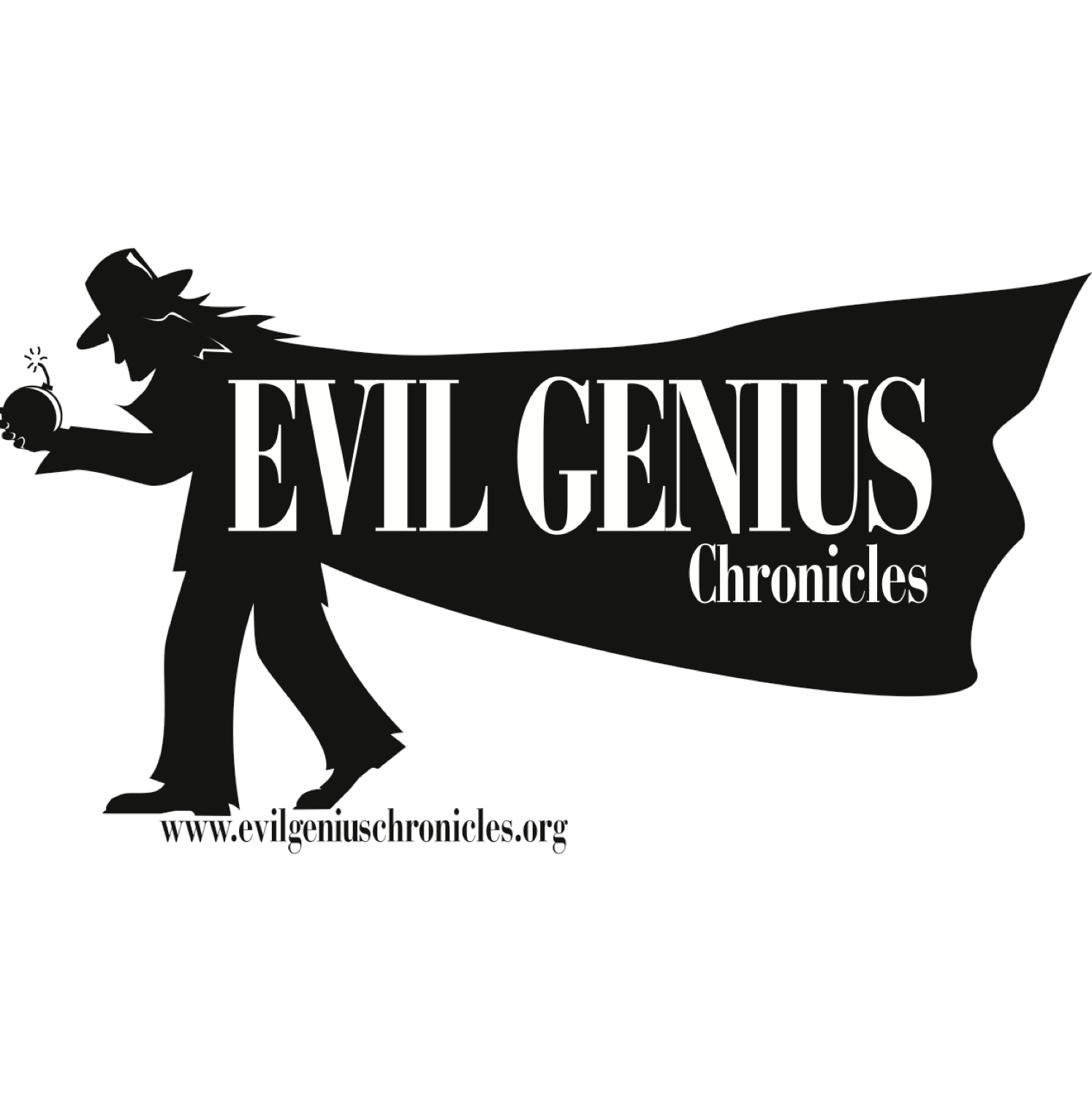Podcasting Art and Artifice
I pointed the other day to Cheryl Colan's discussion of Epic-Fu. Because I'm watching old videos on my Zune, I am just watching some of the very early episodes of the precursor program the Jet Set Show. I also watched Zadi's Karmagrrrrl blog even prior to that. The interesting thing is that as you progress down the timeline, the production value increases all the way until you get to Epic-Fu, which looks a lot like an MTV show. However, that doesn't mean I care more. In fact, as Cheryl pointed out it's gotten to a point where it is hard to tell the ads from the show. This isn't a moral calling out, or an accusation, but just the way it is. The slicker you make your show, the more it looks like a Pepsi commercial. It also gets less interesting to me, and I think the lower fi esthetic on JSS was more generally interesting then Epic-Fu.
Similarly, I listened to an episode of Cliff Ravenscraft's Podcast Answer Man show on which he discussed the Heil PR 40 microphone and his production process in general. Cliff is obviously proud of all his production as he talked it up hard about he goes to extra effort to make it "professional sounding." There was an interesting point where he turned off all his compression and post-processing to do a direct comparison of several microphones. The second he turned off the compression, it sounded better and more engaging to me. A highly compressed human voice sounds phony, and when he was demonstrating just the Heil minus his effects I thought it sounded more real. With all the processing, the whole thing sounds like a used car commercial. I have tried other of Cliff's shows and I find that I can't listen to the phony sounding voices for long enough to stay interested. By putting in this extra layer, he actually subtracts value for me as a listener.
These are real world examples of what I have been discussing - how the pressure to make money leads to pressure to be "more professional", which may not be in the best interest of your art. I have an entire mediascape full of "professional", none of which interests me much. The radio is an unlistenable wasteland (commercial and increasing NPR as well) and on the 200 channels of my digital cable system, I'm lucky to find a single program that I want to watch at 8 PM. I'm interested in podcasts because it allows real people to communicate to me as a real person on topics that might not support a commercial broadcast property, minus the layer of artifice and phoniness. When podcasters build that back in, they cease to compete in their own game and start to play that of the incumbent media, one they can't win. Keep your real voice and talk to me. I'm listening.
